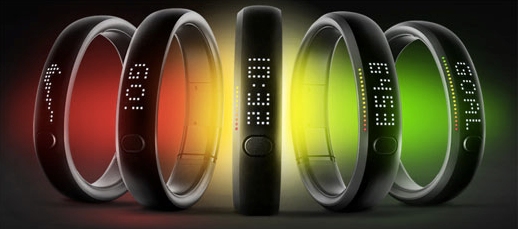What makes a winning Cannes Lions case study? It's a question many agency creatives are asking right now, with this year's Lions deadlines fast approaching: Creative Effectiveness category – cases for which are published by Warc – will be closed on 1st March, while the deadline for all other Lions is 28th March. But Philip Thomas, Cannes Lions CEO, attempted to provide some answers to this question at a briefing in London late last week.
To Thomas, the number one reason why people attend the Cannes Lions Festival is simply to be inspired. But the way that inspiration is being accessed is ever-changing. There are several key trends that are fundamentally reshaping the work that gets seen at Cannes – which Thomas listed in his presentation.
Client control
Inspiration is no longer the exclusive preserve of the ad agency. Thomas pointed out that the number of clients attending the Cannes Festival is increasing year on year. In 2012 there were nearly 2,800 clients at Cannes, a number that is expected to rise further this year. Indeed, clients are increasingly taking control of the creative process, and this, he cautioned may leave agencies in a vulnerable position: Google Heineken, Coke, Unilever and Nestle are among the big name tech firms and brand owners that directly submitted a Lion entry last year.
While these brands may, at present, be the exception to the rule, Thomas said he believed this is a trend worth watching. Indeed an audience member – a creative who works with Google – pointed out there are about 60 creatives working in-house at Google’s London office.

Photo source: Nike
Agencies are also changing. Thomas also recalled a conversation he had with Bob Greenberg, founder of R/GA, the New York ad agency responsible for the award-winning Nike+ FuelBand, suggested that agencies will increasingly deliver co-creation and NPD services, rather than only creative support. Indeed, R/GA now insists on employing an even split of creatives and technologists.
Another notable trend is the increasing number of client-side head-hunters attending Cannes with the brief of finding the best new talent. Still, a survey conducted by Cannes Lions among 1500 young Lion entrants (classified as under 28 years old) suggested just 11% see a tech company like Google or Facebook as their ideal next job, while a majority 67% still chose an advertising or digital agency. This suggests clients may have a way to go to persuade young creatives to switch allegiance and go client-side.
Global effectiveness
The link between creativity and commercial success was a theme that was highlighted throughout the morning’s talk. Clients from Coca-Cola, McDonalds and Diageo to P&G all believe, Thomas suggested, that award winning campaigns drive business growth and push share prices upwards.
Another important and growing trend is the globalisation of creativity. It is notable that in last year’s awards there were first time winners from countries such as Romania, Korea and Puerto Rico. Award winning creative work from these emerging nations are not only giving more advanced regions like Europe a run for its money, they are, according to Thomas, dominating the awards.
How to win
On how to actually get an all-important Cannes Lion award, Thomas offered the following advice:
- Brevity is best. Remember, judges have a lot of entries to review, four minutes is likely to be too long. If you can tell a story in a 30 second ad, you should be able to produce an award winning campaign within a similar time.
- Be honest. Judges do not want hyperbole or repetition. They do not want to hear how every campaign exploded the Twitterverse or how YouTube went in to melt-down mode with a trillion hits. Keep it real.
- Technology is also a theme of many award winning campaigns. ‘The Invisible Drive’, a campaign for Mercedes-Benz by German ad agency, Jung von Matt, tells the story of a low emissions car in a unique and engaging way. This Grand Prix award-winning campaign was told in just 2 minutes and reached millions of people in the process.
Finally, on a practical note, Thomas advised entrants to remember that Cannes judges hail from all over the world therefore consider subtitling your narration.
Extra help for 2013 Lions entrants can be found on the Cannes Lions website, and subscribers can also check out our analysis of entries to the 2012 awards on Warc.

